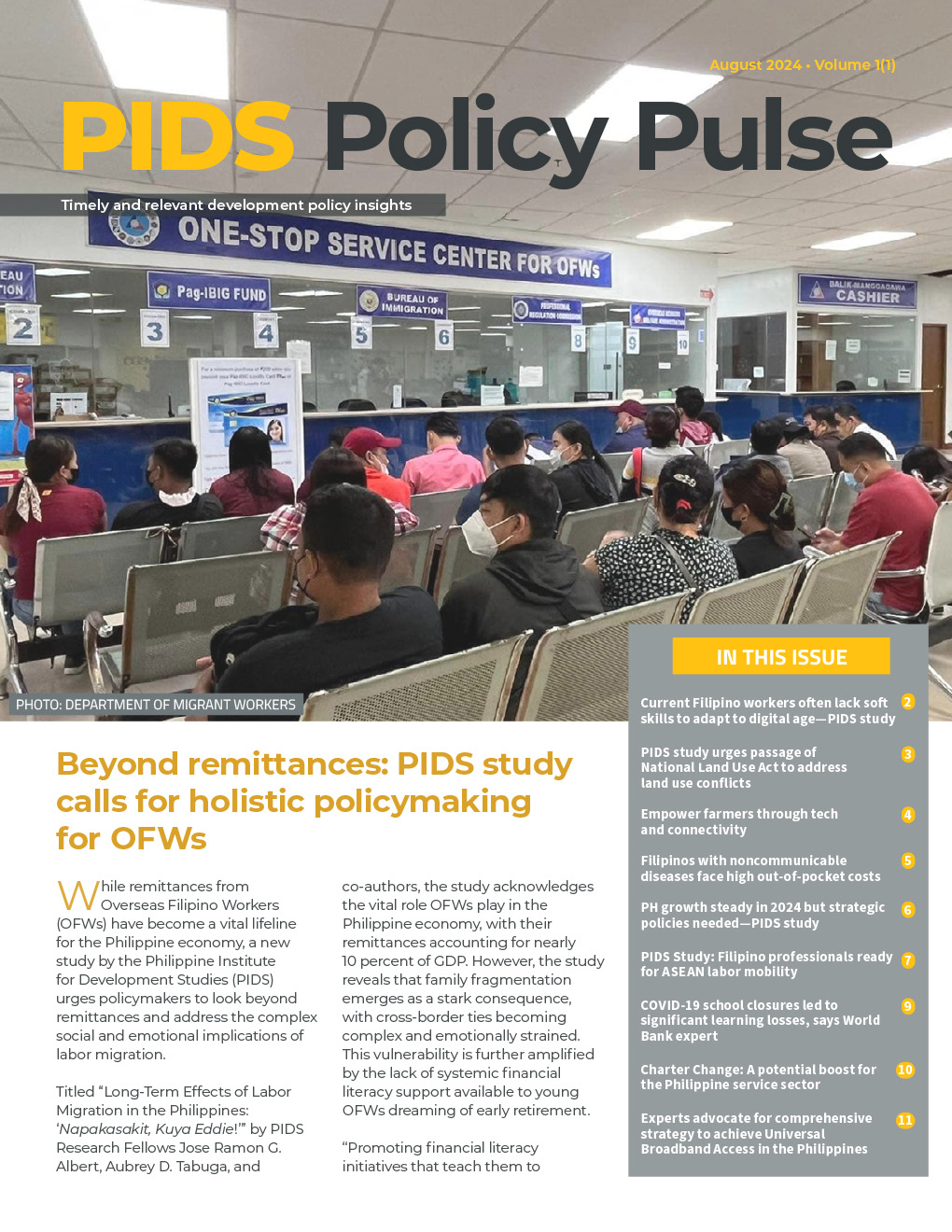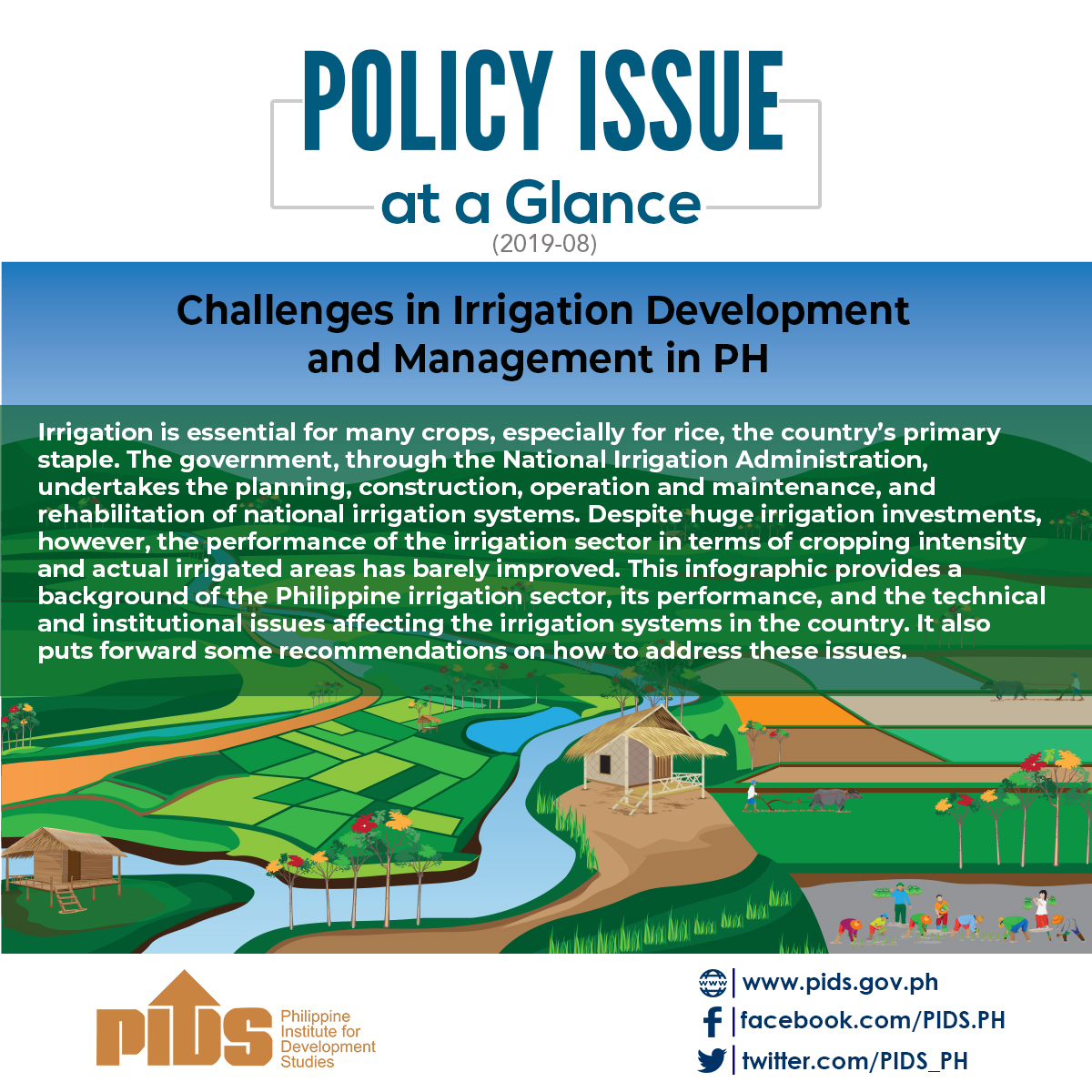The government needs to adjust the cash payout for household beneficiaries under its conditional cash transfer program because of inflation, said Jose Ramon Albert, senior research fellow at the Philippine Institute for Development Studies.
Albert, former secretary general of the now defunct National Statistical Coordination Board, said the cash grants under the Pantawid Pamilyang Pilipino Program (4Ps) accounted for 23 percent of the household income of pilot beneficiaries in 2006.
However, Albert said it has already dropped to 16 percent in 2009, and seven percent as of 2013.
"The amounts have been unchanged since program inception. Their value has eroded due to inflation, and their value needs re-examination,” Albert said in a seminar last week.
The 4Ps, administered by the Department of Social Welfare and Development (DSWD), provides financial support to the poorest households for health and educational concerns.
Under the program, the families can qualify for a maximum monthly support of P1,400; P500 per month will be allocated for meeting health conditions, while P300 per child per month will be allocated for educational conditions. A maximum of three children per family can avail of the cash transfer.
The families availing of the program must meet a number of conditions to receive the cash transfers. Pregnant women must receive pre-natal and post-natal care, and parents must attend Family Development Sessions.
Children under five years old must also receive regular preventive health checkups and vaccinations, while children in elementary school must receive deworming treatment at least twice a year.
Children must be enrolled in school and have an attendance rate of at least 85 percent.
"Is P300 the same today as eight years ago? To some extent, they increased the amount for high school kids to P500. But the government has to study that because the amount means differently if you’re in Metro Manila or you’re in ARMM (Autonomous Region in Muslim Mindanao),” Albert said.
He addedthe cash grants help the household beneficiariesbut are no longer enough.
"Cash grants have the aggregate effect of keeping poverty from worsening,” he said.
Albert noted despite a population growth of 1.9 percent for the past two decades, the official estimate of the magnitude of extremely poor households has remained steady at around 1.6 million households from 1991 to 2012.
"The income of beneficiaries has increased so that they have moved closer to the poverty line,” he said.
According to the DSWD’s accomplishment data, the expansion of the 4Ps, which was meant to cover more families and link 4Ps to other social protection programs such as health and scholarships, has led to the coverage of 4.48 million households in 2014.
This is more than four times the one million households covered in 2010.//












